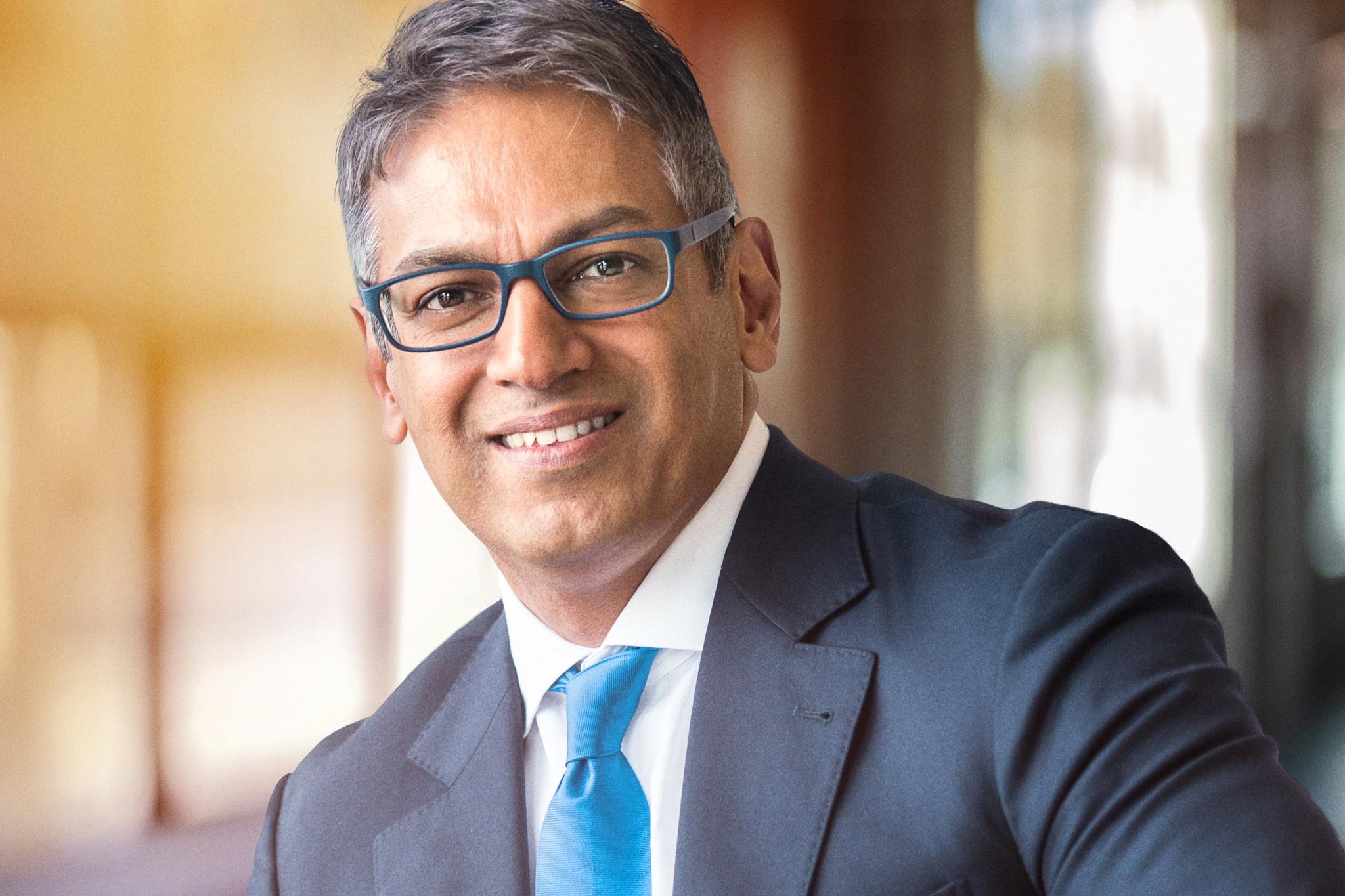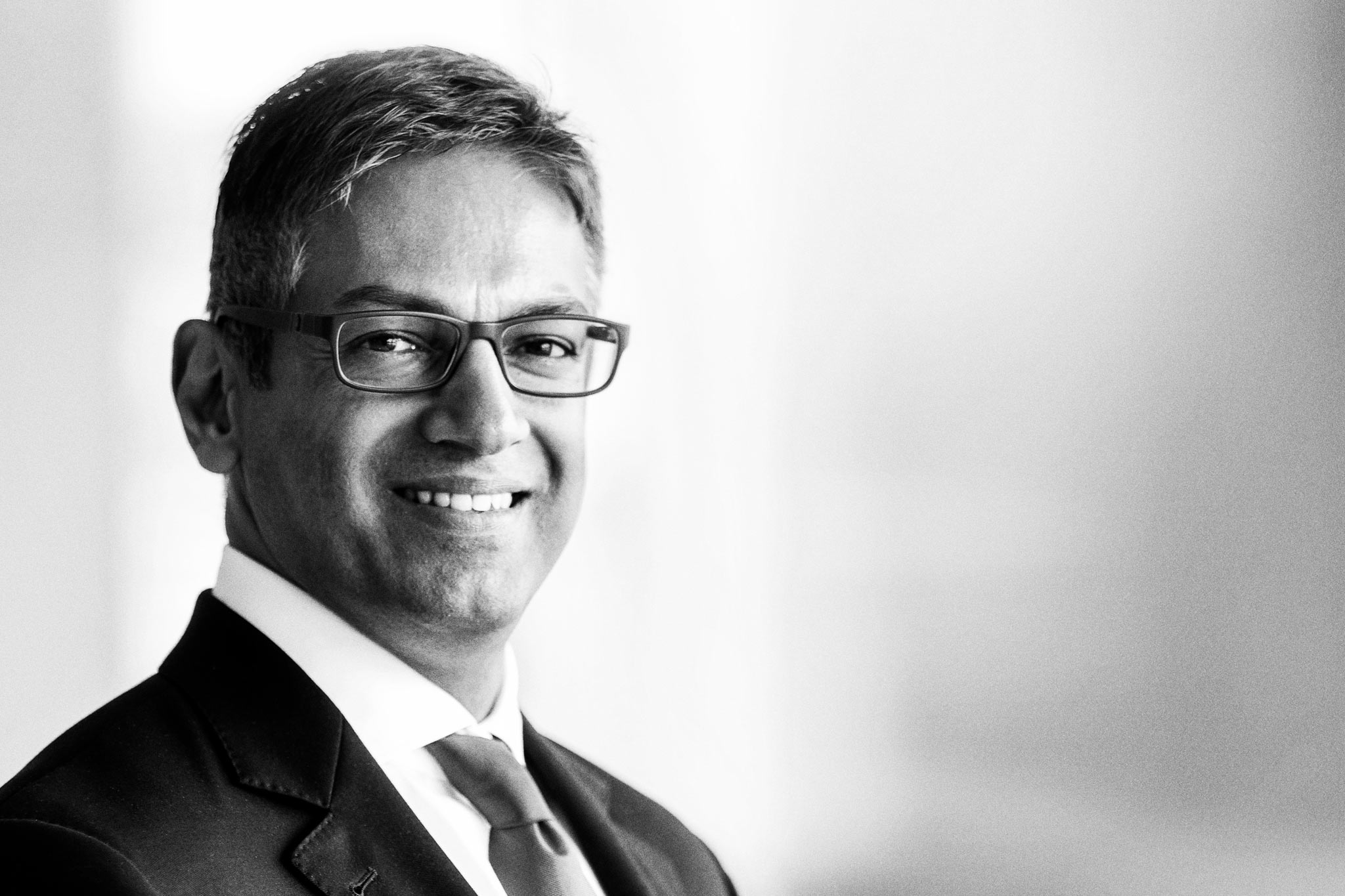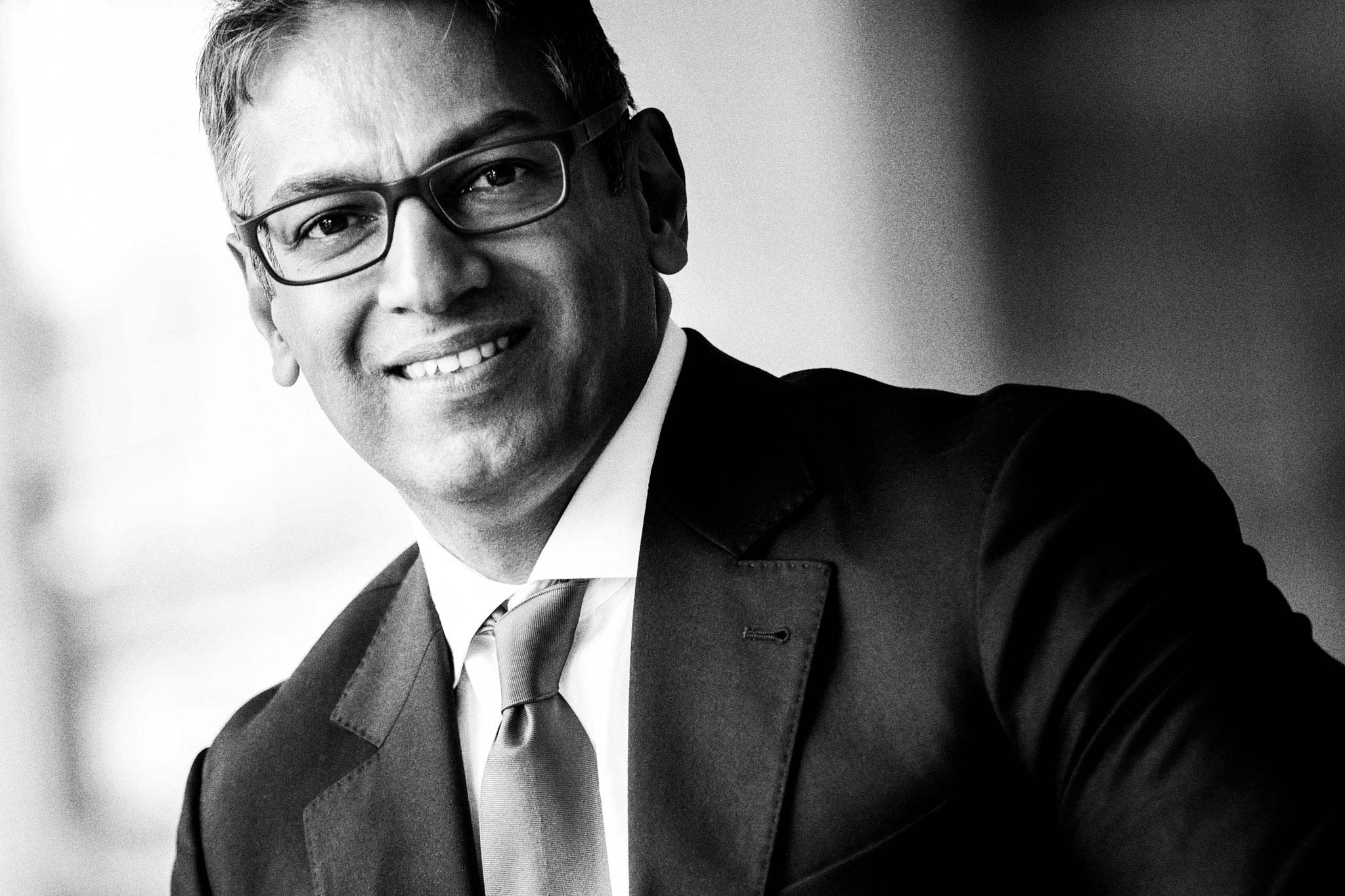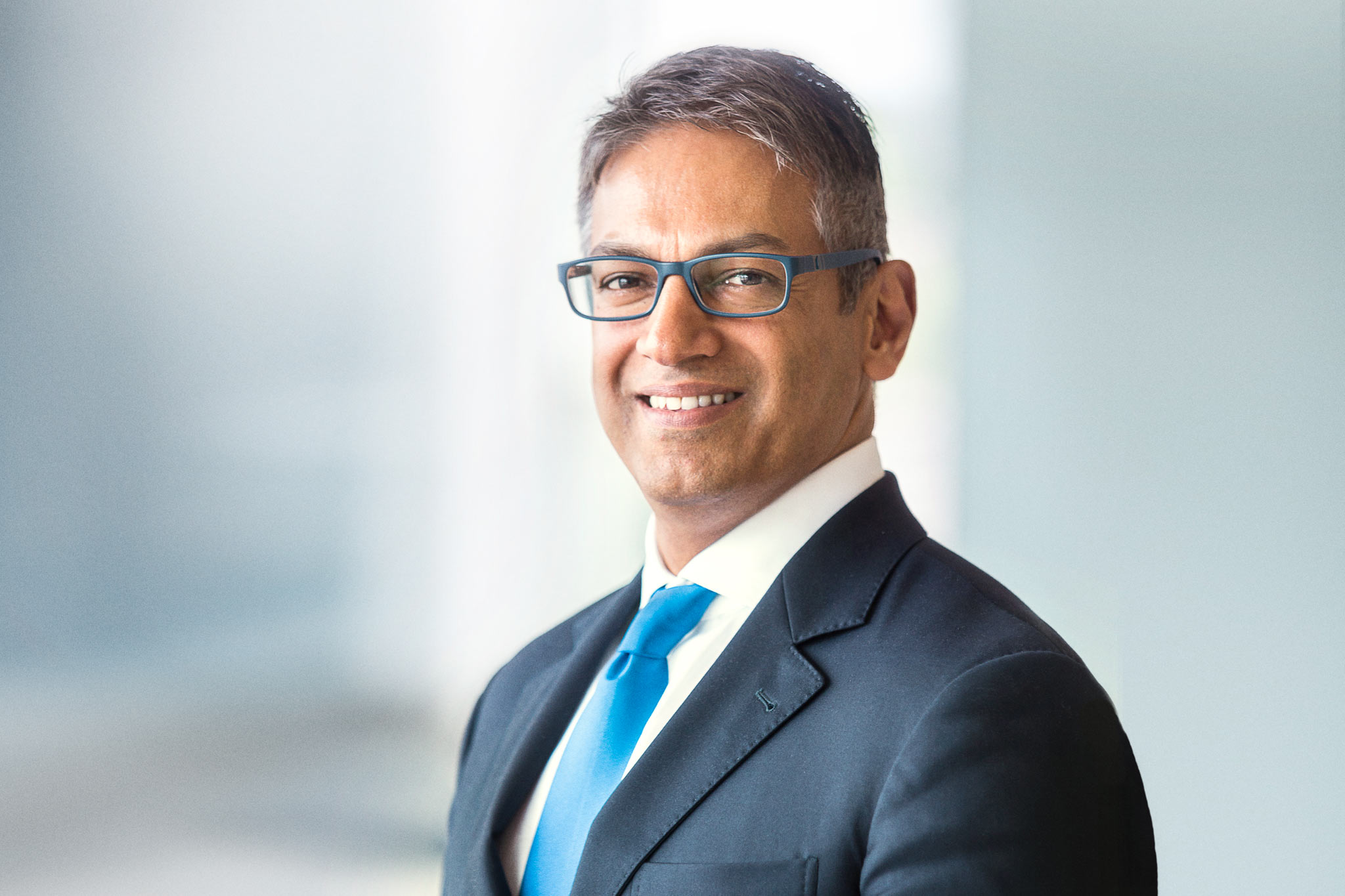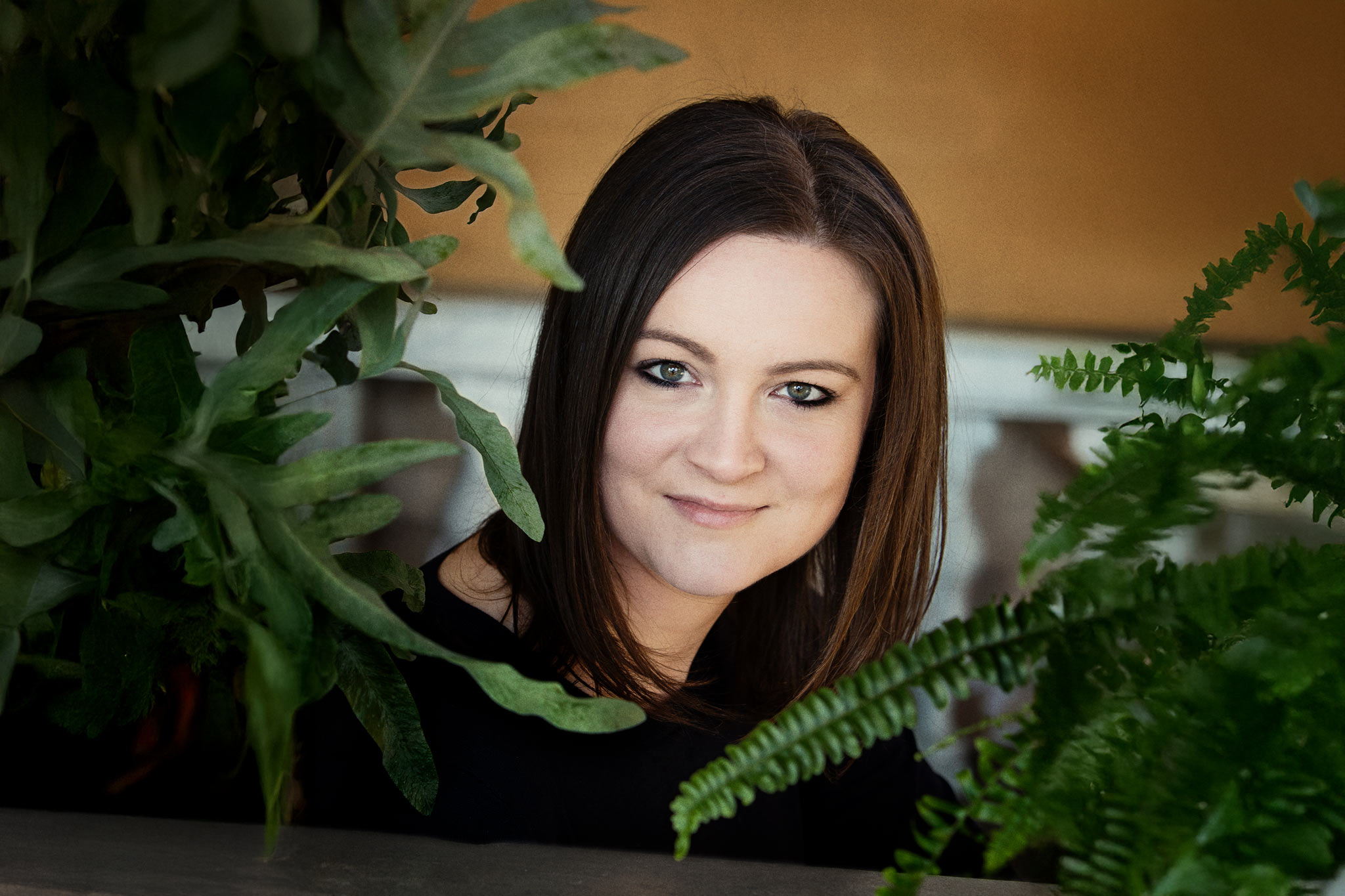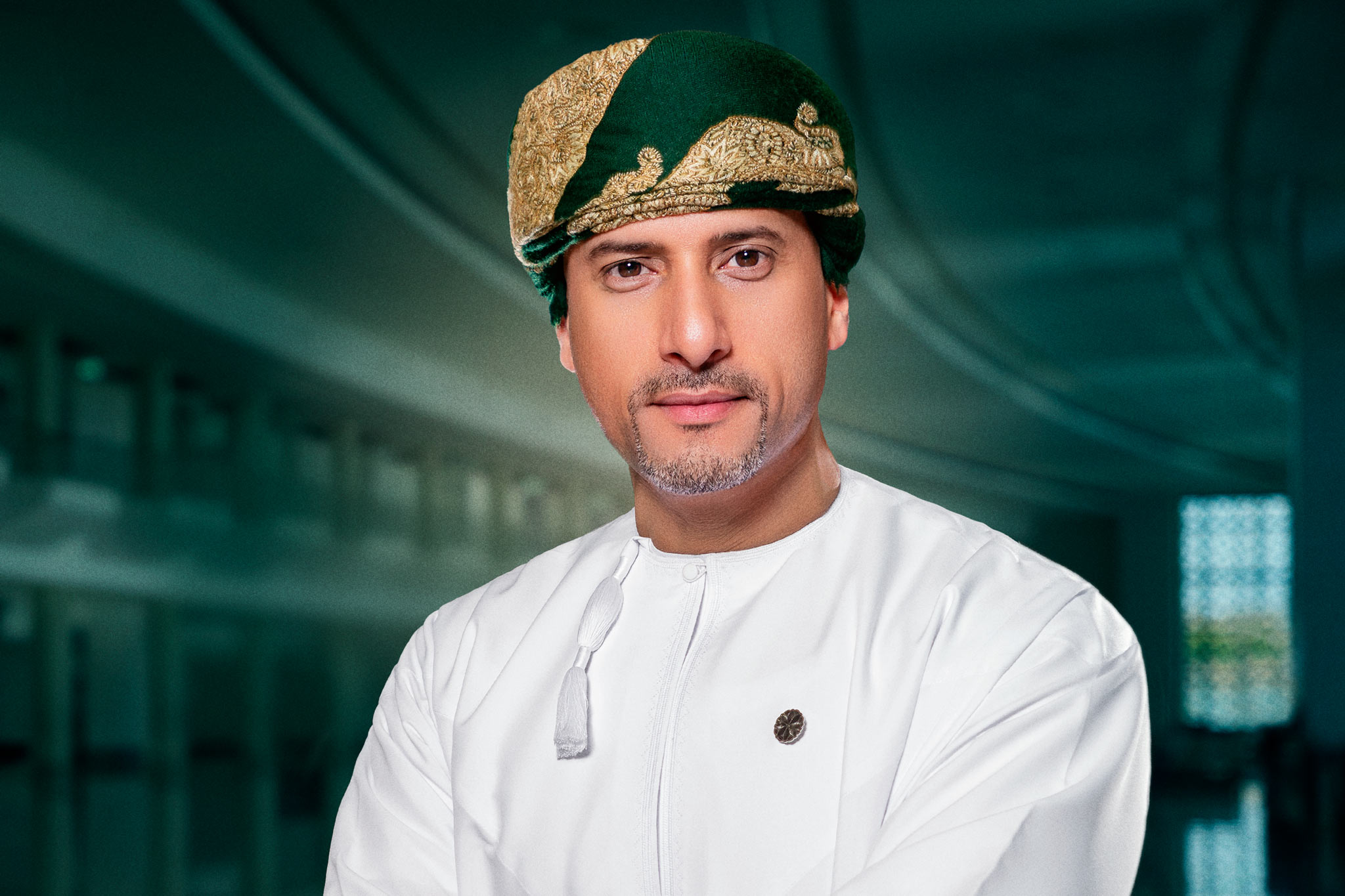Sherrif Karamat is President and CEO of PCMA, the Professional Convention Management Association. Many people consider the organisation to be among the most recognised network of business events strategists.
PCMA has 8,400 professional and student members and a global audience of over 100,000 business event stakeholders spread across North America, Europe, the Middle East and Asia. With 17 chapters and activities in 40 countries, PCMA is the global leader in business events. Their headquarters are in Chicago.
“A lot has changed during the pandemic. But one thing has become abundantly clear: The important part that meetings and events play in solving complex issues around the world. Now is the time to realise that the meetings and event industry, or business events as it is increasingly called globally, is a metaindustry that has an impact on all other industries.”
Sherrif Karamat says that the pandemic has made us do things differently. We now must focus on why we meet and why events such as congresses are needed. There is a lot of work that needs to be done, and the challenges are many.
“This gives us a great opportunity to really show what business events can mean for social and economic progress. Today, more and more leading people in the world are seeing the amount of energy we put into organising congresses and other events. We solve the problems we face and show what it means.”
A popular discussion taking place globally is that business events are global platforms. They do not differ much between countries or at city, national and regional level. Sheriff Karamat feels it is important to take advantage of the opportunities generated by the policy platforms. Partly to spread the message to governments and decision-makers, and partly to stakeholders in the priority key sectors of each country and at varying levels.
“Words and expressions used in professional contexts often change over time. Are metaindustry, business events and policy platforms useful terms? Legacy, as in the legacy that a congress, for example, leaves behind, is another term that has been used for several years.
“Words are meaningful. When it comes to legacy, I usually focus on the word result. Legacy has long been an important word in our industry without us being able to talk about and implement what we mean. I think it is time to talk about results as we change and adapt.
“Now is the time to realise that the meetings and event industry is a metaindustry”
“I use the word result because the change in words is of great significance in the narrative you want to put across. When it comes to legacy, we should look at the business events to be implemented and, during the evaluation, follow up on what actually got done.”
Sheriff Karamat calls for better evaluations of completed business events. What has been done before? But even focusing on how we conduct meetings as we do, the real purpose of the meeting is too easily forgotten. What Sherrif Karamat is saying, and what more and more people are trying to do, is to use the policy platforms for business events to drive economic and social development.
“We have no exact time for when we have implemented what. This will be a continuous journey because as soon as we have taken the next step and made more stakeholders realise the importance of business events for the development of our global societies, we must continue to pursue our new goals even better. We have talked about legacy for many years, but I am not sure the man on the street really understands the meaning of legacy and its impact on our meetings and events. Is it even the right word to use? If legacy points to the future, then is it something we have lost along the way?”
Sherrif Karamat underlines the significance and power of words:
“Words are extremely powerful in how we put across what we want to say. Legacy is a meaningful word, but I think it emphasises the past. We must position our questions on future growth and continue to look forward. When you talk to a younger person, they tend to think that legacy, heritage, is mainly talked about by older people. It is important to present ideas and thoughts positively, forward-looking, and talk about impacts and results from a future focus. Yesterday was yesterday, and you cannot change that.
“We are here today and are heading into the future, so we focus on how we can change today and tomorrow for our country and our citizens. Seen in context, it is about building for the future. It is about the here and now. We cannot change what has happened, but we can learn from history. We can build on that knowledge and move on.
“Legacy has long been an important word in our industry without us being able to talk about and implement what we mean”
“Although the term legacy is good, our perspective should be geared to future issues, such as results. How do we achieve short-term and long-term positive effects? At present, I, unfortunately, think that companies and organisations are similar in terms of knowledge. They are not very good at formulating the exact value of what they commit to through a business event when it comes to results.”
He continues this line of reasoning and says that if we focus on these events’ results, we must acquire correct measurement tools over time. If we do, we will see a completely different story from different perspectives, and it encourages more business events to push economic growth.
“Everyone knows that business events promote human contacts and bring together people who can solve complex issues face-to-face. You cannot do that in the same way by staring at screens around the world, even though technically there are better and better solutions there as well. Business relationships benefit from meeting face-to-face and make it easier to do business online. I am very positive about developing the digital meetings economy. I think it has a rightful place in a business event, but it is the combination of face-to-face meetings, digital or hybrid meetings and offline meetings that produce the results we are looking for.”
Sherrif Karamat explains that he sees a grocery shop as a live event and online shopping as a digital experience. They are two very different events.
“Sometimes you get the same result, or you get an experience where you pick your vegetables, fruit and meat. You can also let someone else do it for you. That is another experience, but you can get the result you are looking for based on the channel you choose.”
Climate change and sustainability are other subjects that Sherrif Karamat has spoken about in different contexts. Many stakeholders talk about the importance of sustainable events. Some destinations see it as not using plastic straws. Otherwise, the event is implemented as it always has been.
“We must position our questions on future growth and continue to look forward … We cannot change what has happened, but we can learn from history”
“Making a noticeable difference to climate change takes more than just modifying behaviour. Let me use an analogy about people who go on a diet. They can lose ten or twenty kilos only to put it all back on again in a few months. It isn’t easy to stick to a strict diet.
“The reality is that climate change is an enormous threat to all of us on the planet. We must deal with it, but we will not achieve anything as an industry by thinking we solve the problem by removing plastic drinking straws. Of course, it may help a tiny bit, but we need to realise that people need personal contacts. We are explorers and continue to travel. Therefore, we must form questions and answers that make it possible.”
Sheriff Karamat explains that it can be, for example, the type of aircraft we design and build, and the materials and fuel used. It is also about the kinds of cars we drive and their emissions. The sort of initiatives that make a massive difference to climate change. And it is vitally important to talk about and develop sustainability, such as working for renewable energy, to take one example.
“We can change things for the better, but to demand that people stop travelling is wishful thinking. It is not particularly sustainable either, as I see it. We are people and always want to develop. New illnesses are treated with new medicines, and we face new challenges the whole time.
“Business events play a pivotal role in creating a better world. Let us now make sure that we continue to develop this important issue where we bring people together to solve complex issues and contribute to understanding different cultures and humanity in the world. It never ends. You and I develop. We are strengthened in our thinking and need to come together to understand how our thinking has developed.”
